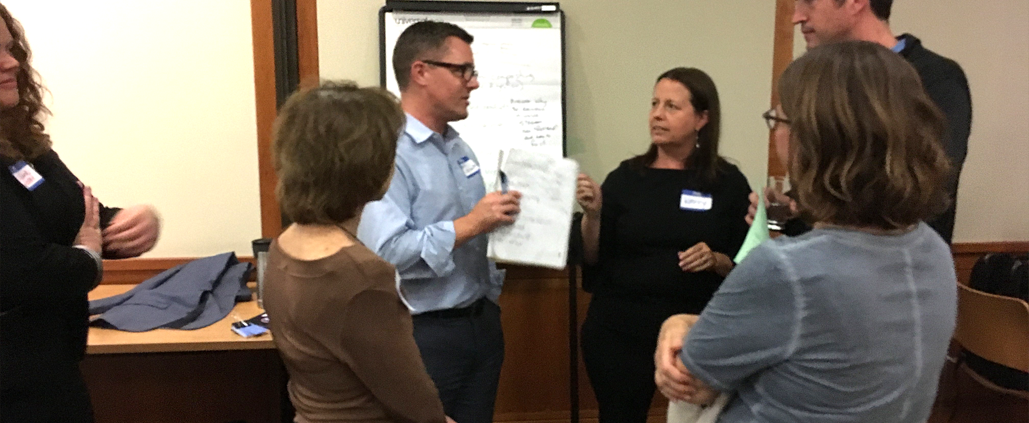City of Alameda – Zero Waste Implementation Plan
R3 was engaged by the City of Alameda (City) to conduct a Zero Waste Implementation Plan Update (ZWIP Update) for the City and assess Alameda’s progress towards its target of 89% diversion by 2020. R3’s primary objective was to evaluate and expand upon the City’s current diversion strategies, and introduce new methods to increase waste diversion as needed to help the community reach its goals.
For this project, R3 performed a detailed analysis of Alameda’s diversion and disposal since implementation of the ZWIP starting in 2011, and found that – based on historic trends in population growth and waste reduction – the City would fall 6% short of its 2020 goal. As such, R3 recommended a revised zero waste goal date of 2022 for adoption by the City, and developed subsequent achievement metrics and timeline for implementation.
Based on identification of opportunities to reduce waste sent to landfill, R3 developed a recommended set of Zero Waste strategies with high potential for diversion via maximization of source-separation diversion programs, including multi-family and commercial waste, food recovery and organics management, and construction and demolition debris. R3 calculated the City’s estimated costs and potential rate impacts for each strategy with projected implementation over a 5-year planning horizon. The strategies were selected to maximize diversion within a short timeframe and to yield reductions in greenhouse gas emissions to support the City’s Local Action Plan for Climate Protection, and were developed in response to community feedback emphasizing the importance of Zero Waste culture and source separation.
As a result of our recommendations, City approved $300,000 in funds per year for technical assistance to commercial and multi-family customers.
Other project benefits included the City gaining:
- Comprehensive evaluation of the City’s current ZWIP’s progress and effectiveness;
- Recommendation of a revised Zero Waste goal date for the City to achieve its diversion goal;
- A set of priority Zero Waste strategies which, when combined with continued implementation of the City’s ZWIP, are estimated to result in approximately 15,600 tons of additional diversion per year – the amount by which Alameda needs to reduce its landfill disposal in order to meet its goal;
- Support for Alameda’s Local Action Plan for Climate Protection through Zero Waste strategies that target food waste and other organic waste to reduce greenhouse gas emissions;
- Recommendations for updating the Plan regarding Zero Waste; and
- Calculation of the City’s estimated costs and potential rate impacts for each Zero Waste strategy and projected implementation over a 5-year planning horizon.




Leave a Reply
Want to join the discussion?Feel free to contribute!